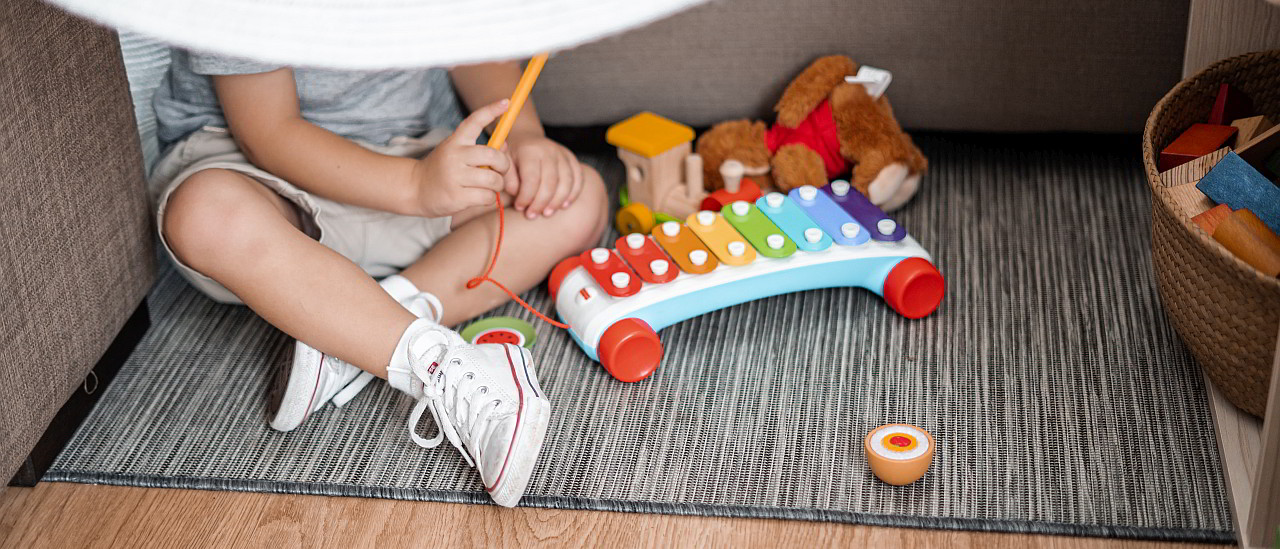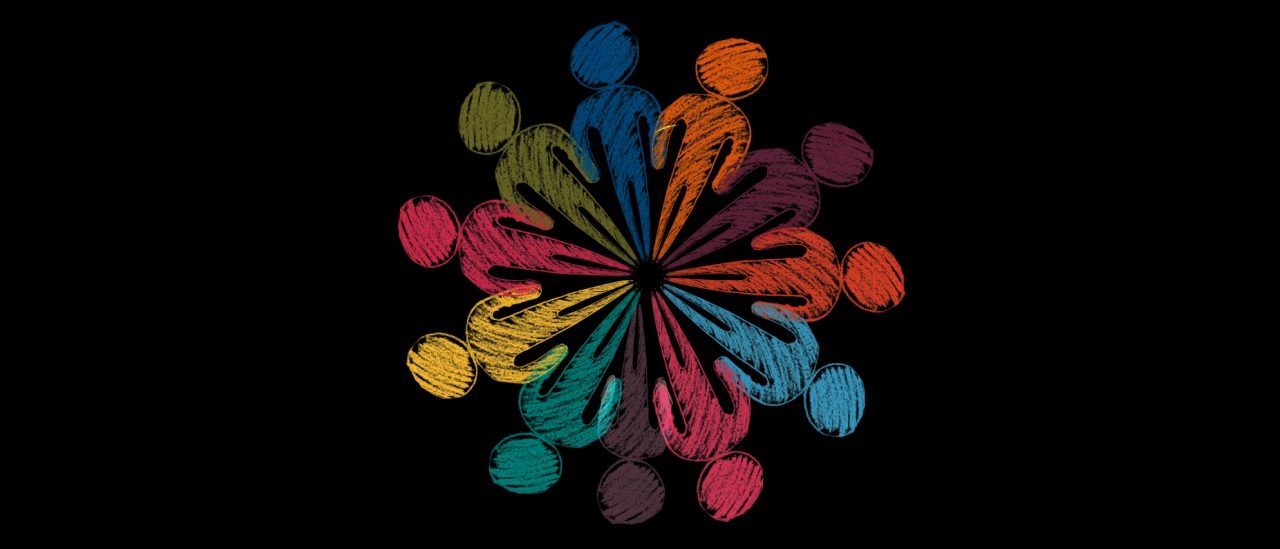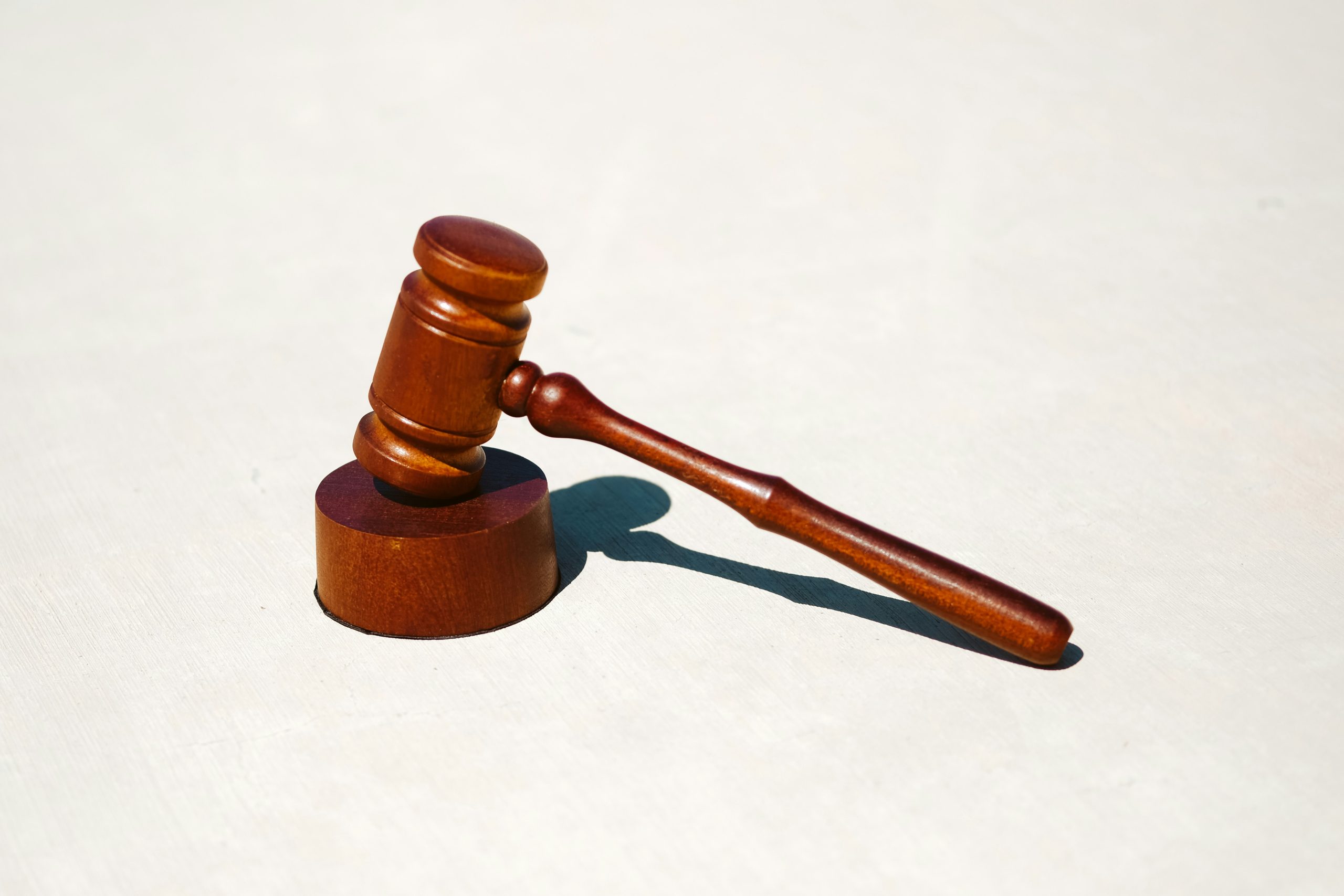Sometimes, parties involved in Family Law parenting disputes about a child, raise allegations of a risk to the child presented by a parent or by another person.
One of the most common allegations of a risk to the child relates to the use of illegal drugs or substance abuse.
The Court treats very seriously any risk presented to the child by any person using illicit substances particularly whilst a child is in their care.
When a concern has been raised by any of the parties involved it is common for the Courts to make orders for either or both parties to submit to drug testing. The parties may, by consent, agree to drug testing or it may be imposed on them by the Court.
The two most common ways in which drug testing may be undertaken is through urinalysis drug testing and hair follicle drug testing.
Urinalysis drug testing may usually be undertaken at a local pathology centre. The testing generally carries a cost, so you should always check with your local pathology centre about their scale of costs. Prices do vary from service to service. On occasions, a grant of legal aid is made to a party to help pay for any drug testing.
The urinalysis test itself, involves submitting in a controlled setting a sample of urine which is thereafter tested for various substances. A pathology report is subsequently provided to the parties. The parties or their solicitors will then disclose or exchange results of such reports. Urinalysis testing is usually helpful to give a snapshot of current use, or lack thereof, and can give a window of anywhere between one and several days.
Hair follicle testing on the other hand is used to provide a longer stock take on previous and historic drug use. Hair follicle testing is usually undertaken to show periods of use of three months, six months, nine months or twelve months. Generally, hair follicle testing is not successfully undertaken for use beyond twelve months.
The hair follicle test itself is quite straight forward, namely a relevant officer will snip a small sample of hair from the person to be tested. This sample of hair is then subjected to various treatments, and a report is produced thereafter. These types of reports are more expensive, with costs ranging from $300.00 to $1,500.00 depending on the period for which a test is being conducted. These tests are not routinely ordered but are very important for both complainants and accused persons with respect to drug use. These tests are viewed as providing a more comprehensive picture of whether or not and when a party or person has been using illicit substances over a period of some time.
Other tests, including blood tests, can be used to detect substance abuse such as alcoholism.
Ultimately, it is at the discretion of the Court to determine whether and what testing might be appropriate in a matter.
What a Court makes of a positive (or a negative) result will vary from matter to matter. The use of illicit drugs is not in itself a disqualifying factor regarding the capability of a person to parent a child. What is relevant is whether the use of illicit drugs presents a direct or indirect risk to the child.
If you wish to discuss concerns about risk to a child in Family Law parenting matters, please don’t hesitate to contact one of our experienced Family Law solicitors.
Further reading

elringtons lawyers regularly provide legal advice in relation to a range of Family Law matters. Please contact our Family Law Team for more information or to make an appointment call (02) 6206 1300













